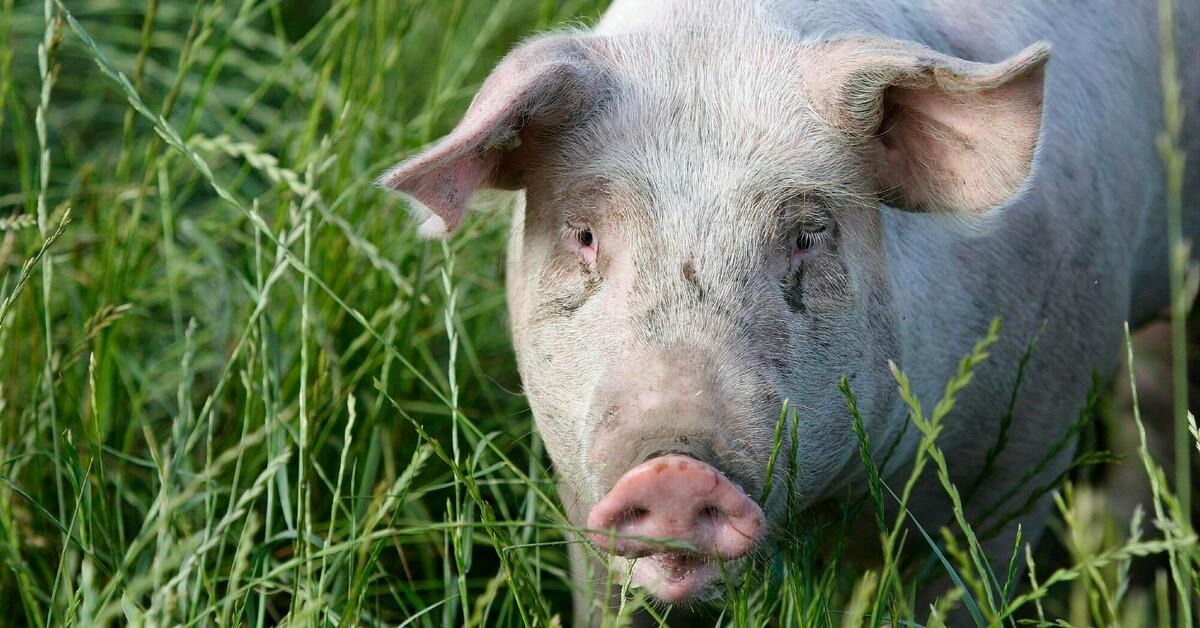Joel Saladin, in his book, The Marvelous Pigness of Pigs, compares eggs from Polyface Farm with a typical egg purchased at the local supermarket and coming from a factory farm. The most notable difference was the measure of folate present in the comparison. Approximately 1,200 mcg for eggs from free-range hens and 47 mcg for the factory eggs. So what?
According to the Mayo Clinic, folate (vitamin B-9) is essential in red blood cell formation and healthy cell growth and function, crucial during early pregnancy to reduce the risk of birth defects. Folate (folic acid) is also listed as an essential vitamin for excreting lead from our bodies.
This is not the first time I’ve come across science that reminds us that healthy bodies are not manufactured in factories. God created us within a complex system of connectedness. And scripture offers insight into how this connectedness brings abundant living when we live out a faith-based on honoring God’s plan for creation.
We are each connected to each other, to our own identity, to the earth, and we are connected to God. The world is an interwoven tapestry. The pandemic illustrated for us that we suffer when we cannot depend on each other.
Our next series, Living water, begins April 25. Our series is based, in large part, on Joel Saladin’s book about the connection between scripture and organic farming. Each episode explores topics that make a difference in our lives. God’s plan is for you and me to live healthy, happy lives. But we’re often misled by profit motives and false promises.
Lest you leave this article thinking that our entire focus is on free-range chickens or enhanced bottled water, allow me to share a little more insight into this 6-episode series.
In John’s Gospel, Jesus used grapevines as a metaphor for our connectedness. In His explanation, Jesus emphasized the importance of connectedness and pruning. His analogy is multipurpose and powerful. And grapevines can help us to understand the difference between living water and cheap imitations.
God chose to live among humanity. It’s foolish for me to think that I know for certain God’s motivation for doing this, but my role as a pastor invites me to speculate. I’ll start with the obvious, but in no way do I believe that I know the mind of God.
God is not a distant and symbolic deity far removed from the messiness of everyday life. Jesus was born in a feeding trough for livestock. He walked on country roads and city streets. He felt hunger pangs, cooked fish over a fire, drank from streams and wells, and cried real tears. Yes, Jesus prayed and led a spiritual life. But the concreteness of His faith was evident in what He did.
Jesus called the acts that offer evidence of what we believe our fruit. The fruit of our labor speaks volumes about what we believe to be true about ourselves, about others, and about the world around us. More importantly, what we do tells the story of what we genuinely believe about God.
Living water comes from another metaphor that describes the connection between God and us. We say that Jesus is “living water” based on the story of a conversation at a local well. A woman coming to the well to draw water during the heat of the day discovers that her thirst can only be partially and temporarily satisfied by the water she draws from the well.
Jesus offers us Living Water.
I pray that you will join us each Sunday morning at 10:30 am. We share our weekly explodes live on both Facebook and YouTube. We go live at 10:30 am. You can find these links along with more information about us, or join our live broadcast on our website at FlintAsbury.org.
Pastor Tommy
1 Joel Salatin. The Marvelous Pigness of Pigs: Respecting and Caring for All God’s Creation. New York: FaithWords, a Division of Hachette Book Group, 2016.

